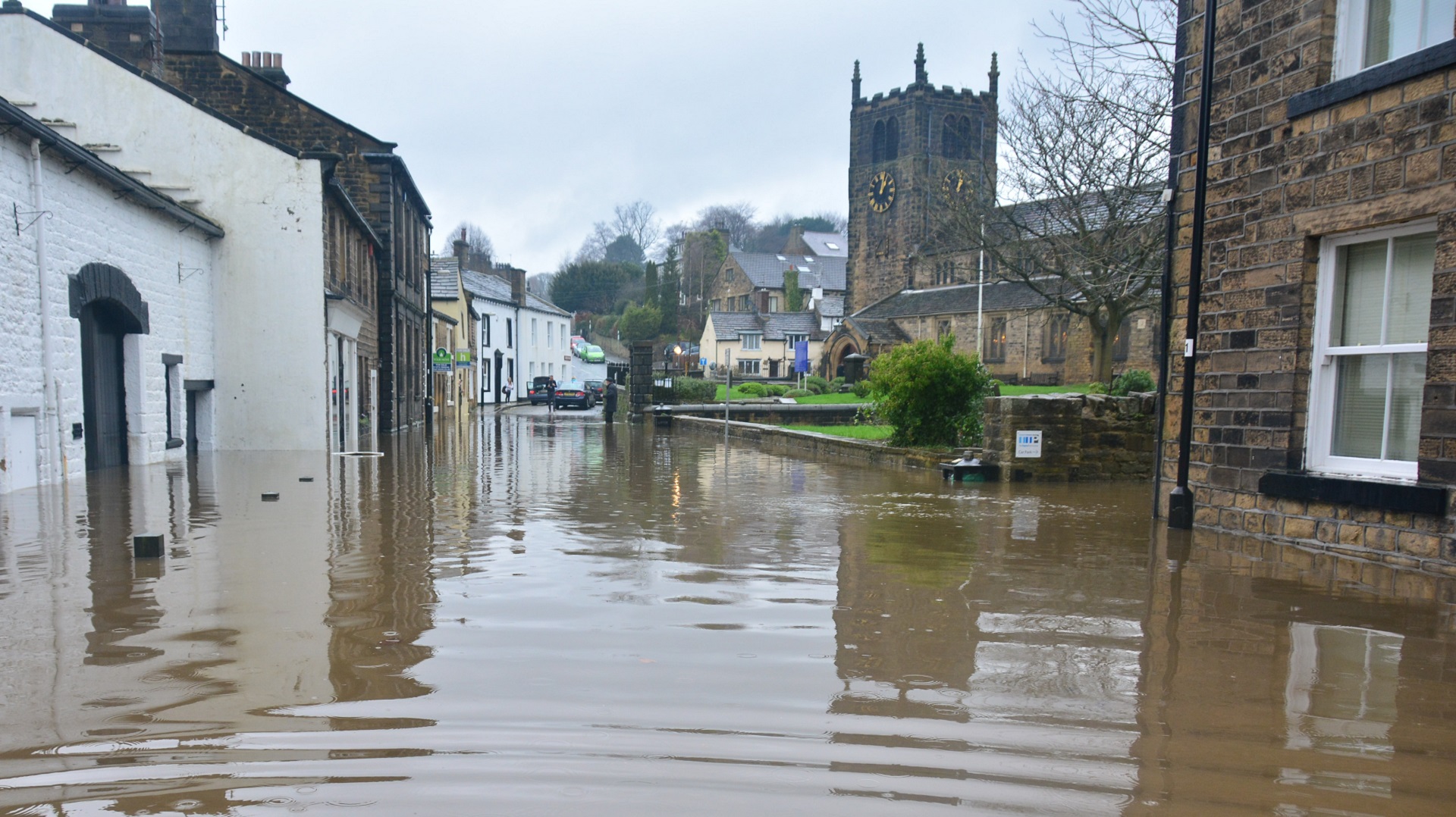The east of England is facing a “planning catastrophe” without reforms to stop new homes from being built in areas at high risk of flooding due to climate change.
Think tank Localis found that so far this year almost 200 planning applications have been approved to build a total of 5,283 homes on floodplains in the highest-risk local authorities in England.
Most of the homes are clustered down England’s east coast with homes newly built in North Lincolnshire and Kingston-upon-Hull at risk from flooding. Elsewhere homes in Doncaster, Exeter and Windsor have also been greenlit despite the climate risk.
With climate change increasing in the years ahead, Localis’s lead clean growth researcher Grace Newcombe is calling on housing secretary Michael Gove to ban developers from building new homes in high-flood risk areas.
“With climate change another unavoidable reality, we need to strengthen communities to become resilient in adapting to, living with and responding to flood pressures,” said Newcombe.
“Clearly defined flood resilience objectives from the national government aligned with whole-system collaboration is needed to protect homes and businesses and stimulate building back better. Failing to do this and continuing to build new homes in floodplain areas without resilience measures is a planned catastrophe.”









